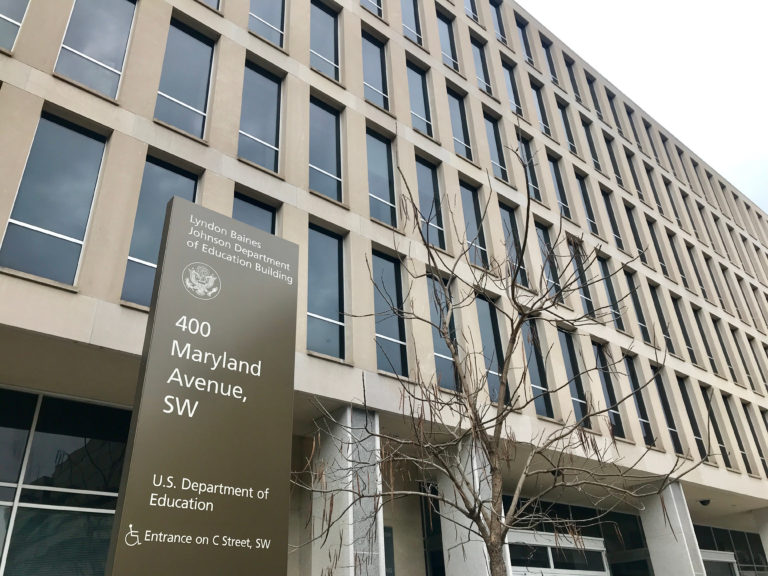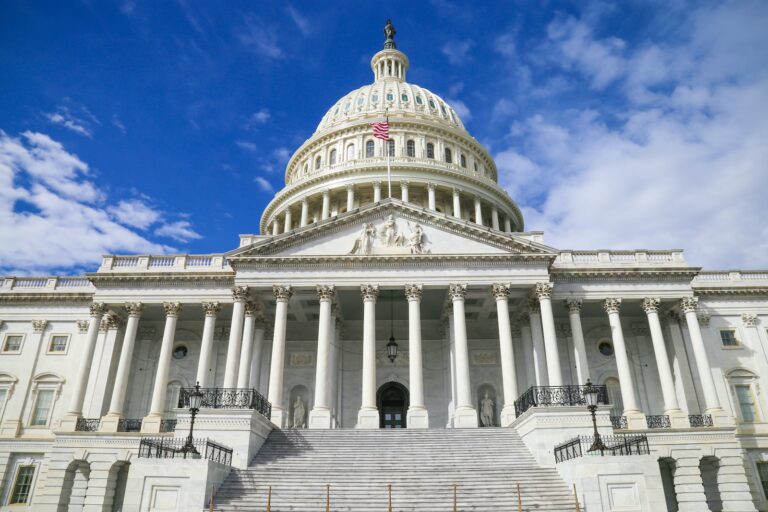This week the Department of Education (ED) published a new set of proposed regulations including a revised gainful employment rule, which is likely to be fiercely contested in the years ahead. Sound familiar? This is the fourth time in the past 14 years that ED has proposed (or rescinded) rules around ‘gainful employment.’
So, what is the ‘gainful employment’ rule? It is ED’s attempt to hold for-profit and non-degree programs accountable for the outcomes of their graduates after graduation.
In this latest iteration, the proposed rule has the potential to ban programs from access to the Title IV financial aid programs for repeatedly leaving graduates with unmanageable debt burdens. While the accountability section applies only to a limited set of institutions and programs, the proposed rule includes new data collection and transparency requirements that will allow ED to post information about all programs that relate to cost, earnings and licensure pass rates.
The Biden Administration’s proposed version of ‘gainful employment’ takes a two-pronged approach with both for-profit and non-degree programs offered at any institution, regardless of tax status: the first, a debt-to-earnings test which was the foundation of the Obama-era rule, and the second, an income threshold test. If a program fails to meet the same test twice within a three-year period, it would lose access to federal financial aid.
While the debt-to-earnings test has been challenged in the courts, it is likely that the income threshold will also generate significant debate. The proposed requirement would mandate graduates of a program offered by a for-profit institution, or of a non-degree program at any institution, have a median income higher than the typical high-school graduate in their state who is between the ages of 25-34 years old.
A quick history of gainful employment: The term ‘gainful employment,’ has roots in the original Higher Education Act of 1965, added during the 1992 Higher Education Act reauthorization. The rule requires that for-profit and vocational colleges that participated in the federal Title IV financial aid programs, have academic programs that lead to “gainful employment in a recognized occupation. ” The Obama Administration first proposed rules starting in 2009, which were then struck down in 2012, and a second version finalized in 2014 was challenged multiple times, but upheld. The Trump Administration did not carry out the rule and rescinded it formally in 2019. The Biden Administration initially started the negotiated rulemaking process in 2021 but delayed the rule proposal until now.
In addition to ‘gainful employment’, the proposed rules package from ED includes several other topics meant to strengthen the Department’s oversight and authority to remove programs from Title IV participation. At the same time, some argue that ED is seeking to hold accountable institutions that may be at risk of failure:
- Financial Responsibility: the proposed rule would create new triggering conditions to flag for ED programs that are “at risk” of closure, and lead to an analysis by ED to see if financial protections are needed (e.g., letter of credit or set-aside funds) to reimburse learners if the institution closes.
- Administrative Capability: this proposed rule lays out new requirements for institutions intended to ensure they are offering adequate services to students, including the provision of financial aid counseling and career services support. At the same time, the proposed rule would prohibit colleges from employing or partnering with others who have liabilities to the federal government.
- Certification Procedures: this proposed rule would require institutions that are showing signs of failure to submit a teach-out plan and also requires owners to sign statutorily mandated Program Participation Agreements.
- Ability to Benefit: this proposed rule creates standards for states to allow learners without a high school diploma to access Title IV funding.
Curious how you can weigh in? ED has announced that proposed rules have a 30-day comment period from the date when the proposed rules are posted. ED then plans to publish final rules by November 1, which would allow the new rules to go into effect starting July 1, 2024.
For any questions, please reach out to us.




